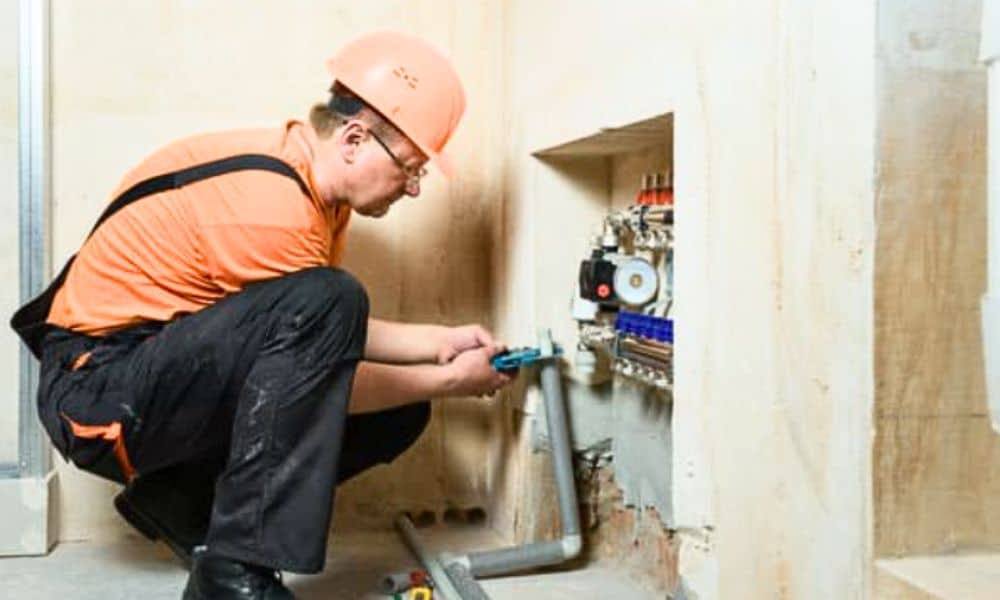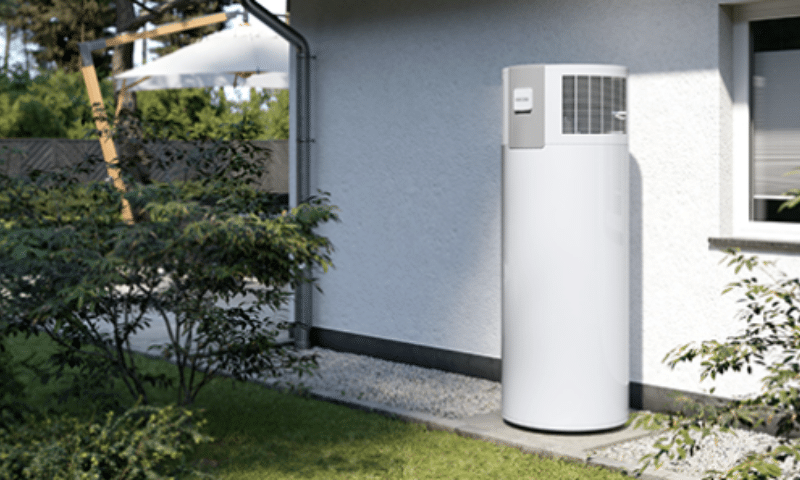Did you know that over half of Australians use gas to heat their homes? Indeed, only a few people know that there is a more cost-effective option that is also energy-efficient.
What is a heat pump?
Heat pumps feature technology that gathers heat from outside and warms the system to a higher temperature. The heat pump system uses a compressor with either a liquid or gas refrigerant that absorbs the heat from the environment. It then concentrates the heat and moves it around to warm your house.
Additionally, the process can be reserved to gather heat from inside the house and cool it. Doing so will keep your home cool in the summer.
Heat pump efficiency
Now the question is—how efficient is a heat pump? When it comes to the efficiency of an appliance, we tend to only look into the numbers. Although there is nothing wrong with this, there’s more to it to ensure that the heat pump you get will bring the efficiency that you need for your home.
The Coefficient of Performance (COP) is significant in heat pump efficiency. COP is the input of electrical energy, which means the higher the COP, the more efficient the heat pump will be.
The temperature between the evaporator and the condenser is an external factor affecting the COP and the heat pump’s capacity. Transferring heat will be much easier when there’s little difference between the two. Thus, there will be more heat that can be transferred for every unit of energy input.
The COP may be maximised by carefully designing the system and using the right refrigerant.
Are you looking to save money on your electricity bills and reduce your carbon footprint? Solar energy is the perfect solution! Energy Matters can help you get up to 3 FREE quotes from pre-qualified and vetted solar firms in your area.
With Energy Matters, you can be sure you’re getting the best possible deal on solar energy. We only work with reputable solar firms with a proven track record of delivering high-quality solar systems.
Heat pumps vs. gas or electric heating systems
Gas heating operates via Liquefied Petroleum Gas (LPG) or natural gas. In some parts of Australia, natural gas is the more common option.
Gas centralised heating operates by drawing air into a furnace; then, the furnace will go into gas combustion, which is when the furnace heats the air. The warm air will be circulated throughout the house. There are gas space heaters that are used to heat a single room, whilst there are also gas log fires, which use gas combustion to warm the home.

With gas log fires, it relies on the radiant heat from flares to produce heat. Usually, gas log fires are seen in homes where families are more concerned about the aesthetic rather than their ability to heat a space effectively and efficiently.
Now, electric heaters come in two main types. One is an electric furnace that works similarly to gas centralised heating. What makes it different is the heat it produces uses an electric heating element in the form of electrical resistance. However, electric heaters don’t have an excellent reputation because of the high costs associated with it to run.
This is where a heat pump system comes into the picture. A heat pump system is the second type of electric heater available to Australian households. They are more energy efficient and affordable. In fact, they can operate over 100 per cent more efficiently with only a minimal carbon footprint.
Another thing is, given the high energy efficiency of heat pumps, the initial investment isn’t so high considering that it will be repaid repeatedly through good energy practices. In Australia, you can even get rebates when you install a heat pump in your home.
The following table compares the two types of hot water systems in terms of energy efficiency, cost, and environmental impact:
|
Feature |
Heat pump water heater |
Gas water heater |
|
Energy efficiency |
Up to 3 times more efficient |
Up to 50% less efficient |
|
Cost |
More expensive to purchase |
Less expensive to purchase |
|
Environmental impact |
More environmentally friendly |
Less environmentally friendly |
Experience a new level of energy savings with Energy Matters Marketplace – your one-stop shop for renewable energy products and more whether you’re looking for solar panels, battery storage or outdoor or indoor products.
Ultimately, the best type of hot water system depends on your needs and budget. If you are looking for the most energy efficient option, a heat pump water heater is the better choice. However, a gas water heater may be a better option if you are on a tight budget.
Here are some additional factors to consider when choosing between a heat pump water heater and a gas water heater:
- The climate in your area. Heat pump water heaters are less efficient in cold climates.
- The size of your household. Heat pump water heaters are more efficient for larger households.
- The availability of natural gas. If you do not have natural gas in your area, then a heat pump water heater is the only option.
If you are still unsure which type of hot water system is right for you, then consult our qualified and trusted local installer. They can help you assess your needs and recommend the best system for your home.
Pairing solar panels with a hot water heat pump
Solar panels and hot water heat pumps are two of Australia’s most popular renewable energy solutions. When paired together, they can provide homeowners with a significant reduction in their energy bills and their carbon footprint.

Solar panels generate sunlight’s electricity, which can power a hot water heat pump. Heat pumps transfer heat from one place to another, from the air outside to the water in your hot water tank. This process is much more efficient than traditional electric hot water systems, which use resistive heating elements to heat water.
Combining solar panels and a hot water heat pump can save homeowners up to 70% on their hot water bills. They can also help reduce greenhouse gas emissions, making them a more sustainable environmental choice.
If you are considering installing solar panels or a hot water heat pump in your home, pairing the two systems together is worth it. This is the best way to maximise your energy savings and environmental impact.
Here are some additional benefits of pairing solar panels with a hot water heat pump in Australia:
- It can be used in all climates, including cooler climates, where solar panels may not be as effective for generating electricity.
- It can help to reduce peak electricity demand, which can help to lower your electricity bills and reduce the strain on the grid.
- Can be eligible for government rebates and incentives.
If you want to learn more about pairing solar panels with a hot water heat pump in Australia, we recommend contacting our qualified solar installer. They can help you assess your needs and recommend the best system for your home.
Still can’t afford to switch to solar power?
Are you considering getting solar panels but are currently short on funds? You can still invest wisely, and Energy Matters can help you.
Powow and Energy Matters have teamed up to provide consumers with an alternative to switching to solar power and battery storage.
The biggest obstacle to installing solar and battery storage is typically finance. With Powow’s PPA and VPP, our customers will have a $0 upfront option and financial stability in the uncertain energy market.
Get up to 3 obligation-free quotes by getting in touch with us right away. Find out what payment plan options suit your needs and budget!
Check out our page for Powow: Power Purchase Agreement (PPA) and Virtual Power Plant (VPP).












































